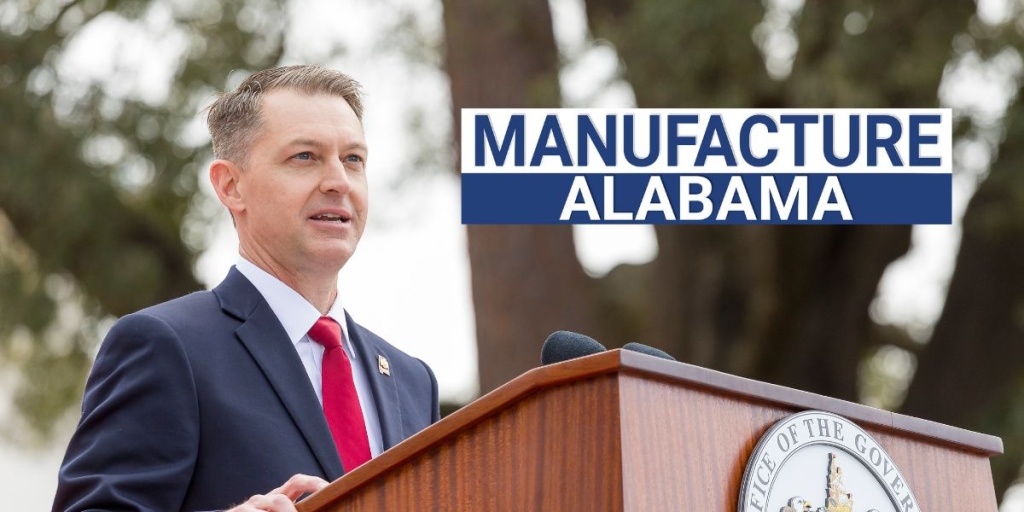
In my opening column for the new and improved Yellowhammer News, one of my paragraphs made this assertion:
Alabama’s government is far too centralized rather than open to local innovations, which makes it both ossified and much more easily corruptible. It also allows a small number of groups – often known as the “Big Mules” – to wield inordinate power. Now, sometimes they happen to wield it for good purposes. But if they don’t, they should be taken down a peg or two hundred.
Here’s a thumbnail version of what I mean:
A primary foundation of American political theory and, in a parallel fashion, of Christian (especially but far from exclusively Catholic) social thought, is the principle that most matters of public import ought to be handled at the most local practicable level. In political theory, that’s the assumption underlying the principle of “federalism,” and the parallel religious principle is known as “subsidiarity.”
Yet in Alabama, we turn that principle on its head. Here, we concentrate power at the state level while denying small jurisdictions much of the authority of local decision-making.
For just one example, Alabama’s Constitution denies to local governments the power to adjust the balance of their local tax systems without permission from the state government. Local councils can do just about anything they want with sales taxes, for example, but they can’t touch property taxes without going through an absurdly burdensome process.
So if a city such as Mobile, where I live and where I served on a citizens’ advisory commission on local taxation, wants to reduce its sales tax and replace it with slightly higher property taxes (for revenue neutral reform, not even a net tax increase), it must ask permission from Montgomery – and then, even more absurdly, from voters in the rest of the state!
The process (partly constitutional and partly legislative rules and or unwritten courtesies) is this: First the City Council would have to pass a resolution asking for permission to adjust its tax system. Then the state legislators from that county would, by a supermajority agreement among them, need to recommend to the full legislature that it approve a constitutional amendment/ballot proposition allowing Mobile to adjust its own tax system. Then the full legislature would need to approve it by a three-fifths majority in both chambers.
Wait – we’re still not done! If both House and Senate agree by 60 percent vote to put it on the ballot, then it goes on the ballot for the entire state. And if and only if the entire state by majority vote allows Mobile to adjust its own taxes, then Mobile’s Council in turn could allow the voters within the city of Mobile to approve or disapprove the new tax plan.
This is insane.
In addition to being incredibly inefficient, it also lets big lobbies/interest groups (in Alabama, the so-called “Big Mules”) active in Montgomery control what localities do with local laws. That, in turn, means that if the Big Mules want to bully legislators on some issue of importance to the Mules, the Mules can hold the local ordinance hostage to whatever is on the Mules’ agenda – even if the local issue has absolutely nothing to do with the Mules’ agenda item(s).
This system hurts the abilities of local governments to compete, to innovate, or to adjust to unique local conditions. And it makes it very hard for local citizens to reform the governments of their own towns or counties.
There will be plenty more to say on this subject in the coming months (or years!), but the short version is this: Unless the state Constitution is amended to eliminate the multi-tiered system, Alabama will continue to trail neighboring states in its ability to act nimbly in a changing economy.
Alabama can do better than this. And it must.
Yellowhammer Contributing Editor Quin Hillyer, of Mobile, also is a Contributing Editor for National Review Online, and is the author of Mad Jones, Heretic, a satirical literary novel published in the fall of 2017.












